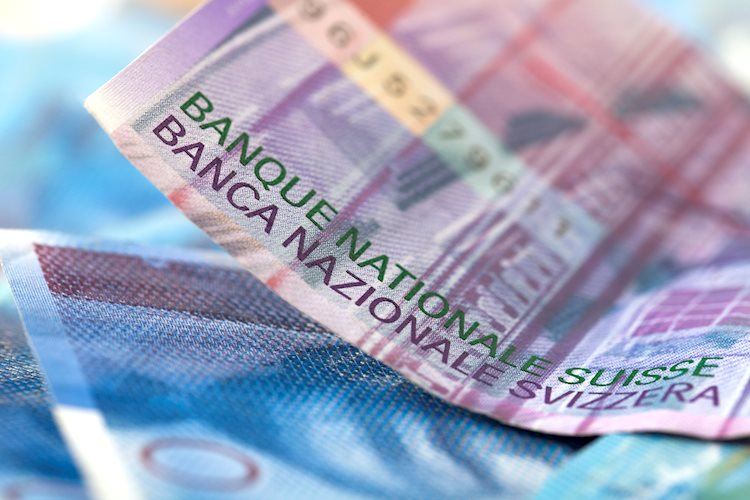The USD/CHF pair has been advancing, with the likelihood of more aggressive Fed rate cuts decreasing. Currently trading around 0.8470 during early European hours on Tuesday, the pair’s upward movement is attributed to recent comments from Federal Reserve Chairman Jerome Powell. Powell stated that the central bank is not in a rush and will gradually lower its benchmark rate over time. He also mentioned that the recent 50 basis point interest rate cut should not be interpreted as a signal of similarly aggressive future actions, with upcoming rate changes expected to be more modest.
The CME FedWatch Tool shows that markets are now giving a 61.8% probability to a 25 basis point rate cut by the Federal Reserve in November, with a 38.2% likelihood of a 50 basis point cut, down from 53.3% the previous day. On the economic front, Switzerland has been displaying positive momentum. Real retail sales in August increased by 3.2% year-on-year, surpassing expectations and representing the highest growth since February 2022. This indicates an upward trend in consumer spending, a significant driver of the economy.
The KOF Leading Indicator for September also pointed towards a brighter economic outlook, with a reading of 105.5, exceeding market expectations and signaling a continued recovery. The steady progression in economic indicators suggests that Switzerland’s economy is on a positive trajectory supported by consumer activity along with broader economic factors. Additionally, the Swiss National Bank (SNB) recently reduced its key interest rate by 25 basis points for the third time in a row to maintain price stability and address challenges posed by the strong Swiss Franc.
The SNB also signaled its readiness to implement further rate cuts if necessary, reflecting a proactive approach to supporting the economy. By keeping borrowing costs low, the SNB aims to stimulate spending and investment while managing the exchange rate to protect the competitiveness of Swiss goods and services. Overall, the economic indicators and policy measures in Switzerland indicate a favorable environment for the USD/CHF pair and the Swiss economy in general.
The Swiss Franc (CHF) is Switzerland’s official currency and is considered a safe-haven asset, sought after by investors during times of market stress due to Switzerland’s stable economy, strong export sector, and political neutrality. The Swiss National Bank sets monetary policy four times a year with the goal of maintaining an annual inflation rate of less than 2%. Economic data releases play a crucial role in evaluating the Swiss economy, impacting the valuation of the CHF.
Switzerland’s economy is closely linked to the Eurozone, with the Euro being its primary economic partner. As a small and open economy, Switzerland is dependent on the health of the Eurozone economies, with the Euro and the CHF demonstrating a high correlation percentage. Consequently, stability in the Eurozone is essential for Switzerland’s economic well-being and the valuation of the Swiss Franc. Stay updated on economic indicators, policy decisions, and global market trends to make informed decisions regarding the USD/CHF pair and Swiss Franc investments.











